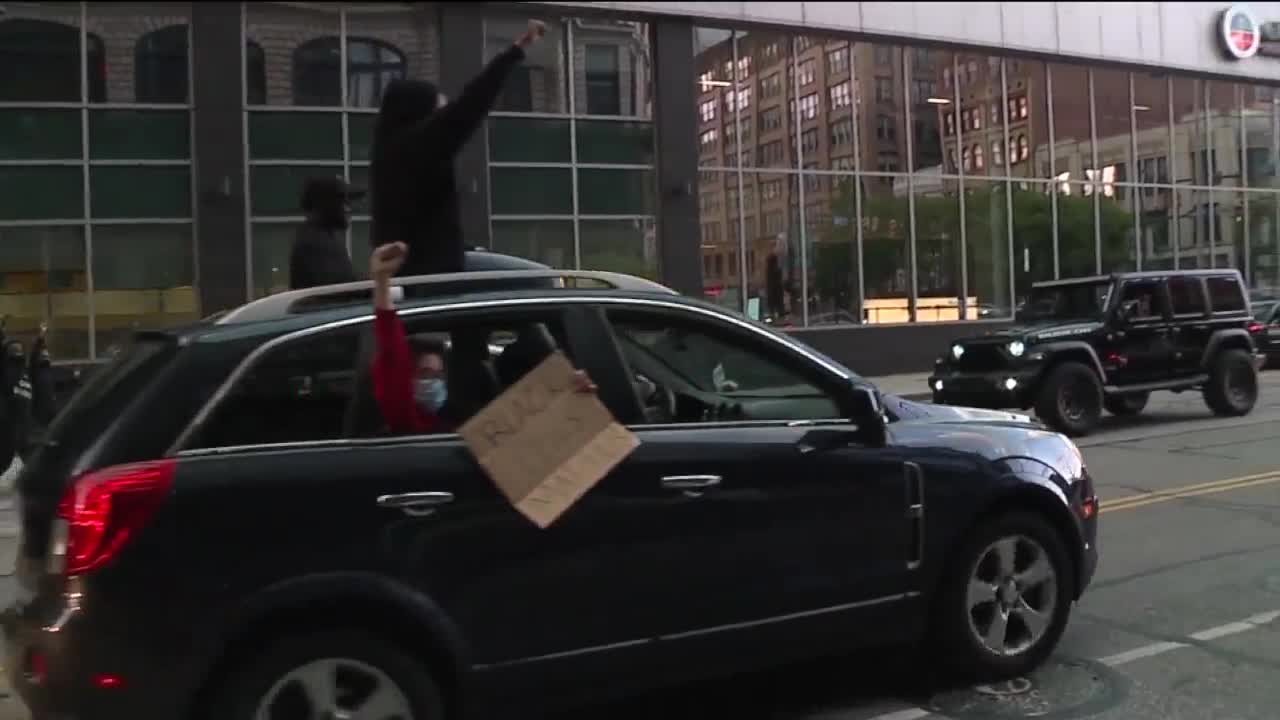PARMA, Ohio — Cuyahoga County health officials are continuing the global conversation about racism, its effects on health, and what we can all do to make a change.
“We're experiencing in real time the collision of an international pandemic and the brutal killing with George Floyd - yet another heartbreaking demonstration of the plague of racism that still infects every fabric of our society,” Cuyahoga County Board of Health Commissioner Terry Allan said.
At Friday’s Cuyahoga County Board of Health press briefing, officials put out a call to action to people in positions of privilege, asking them to understand that privilege and take a look at their own personal biases.
“This individual work is the first step in our collective journey to eliminate structural racism,” Allan said.
Allan said CCBH stands with Cleveland City Council, which voted unanimously to declare racism a public health crisis on June 3.
RELATED: Cleveland City Council unanimously declares racism as public health crisis
“Racism has been a part of this country since the very beginning, and is the root of profound differences in opportunity for people of color that lead to unjust preventable health outcomes,” Cuyahoga County Medical Director Heidi Gullett said.
That’s clearly reflected in the higher, disproportionate rates of hospitalizations and ICU admissions from COVID-19 among African-Americans. Romona Brazile, the CCBH Deputy Director of Prevention and Wellness, explained how the current unrest can further exacerbate those health issues.
“Many African Americans went to work anyway this week. Trying to keep it together, myself included. We are taught to be strong, just deal with it, accept the quiet and loud indignities or fear losing your job, your freedom or your life. But this way of coping has its toll on mental well being. And it also contributes to the chronic stress that we have previously discussed, and the development of chronic disease,” Brazile said.
Gullett spoke candidly about her own personal privilege and challenged others to confront racism head on.
“I'm white, which means I was born with privilege,” Gullett said. “As a member of the dominant race, silence and inaction are not options. Every single one of us has a role to use our hearts and our minds in our spheres of influence to catalyze change. This requires transformation of our deeply ingrained perspectives about race.
Gullett also encouraged people in positions of privilege to have conversations about racism with their children, listen to the experiences of people of color, and stand up for inclusion in their communities.
Jade Jarvis is a reporter at News 5 Cleveland. Follow her on Facebook, Twitter, and Instagram.




